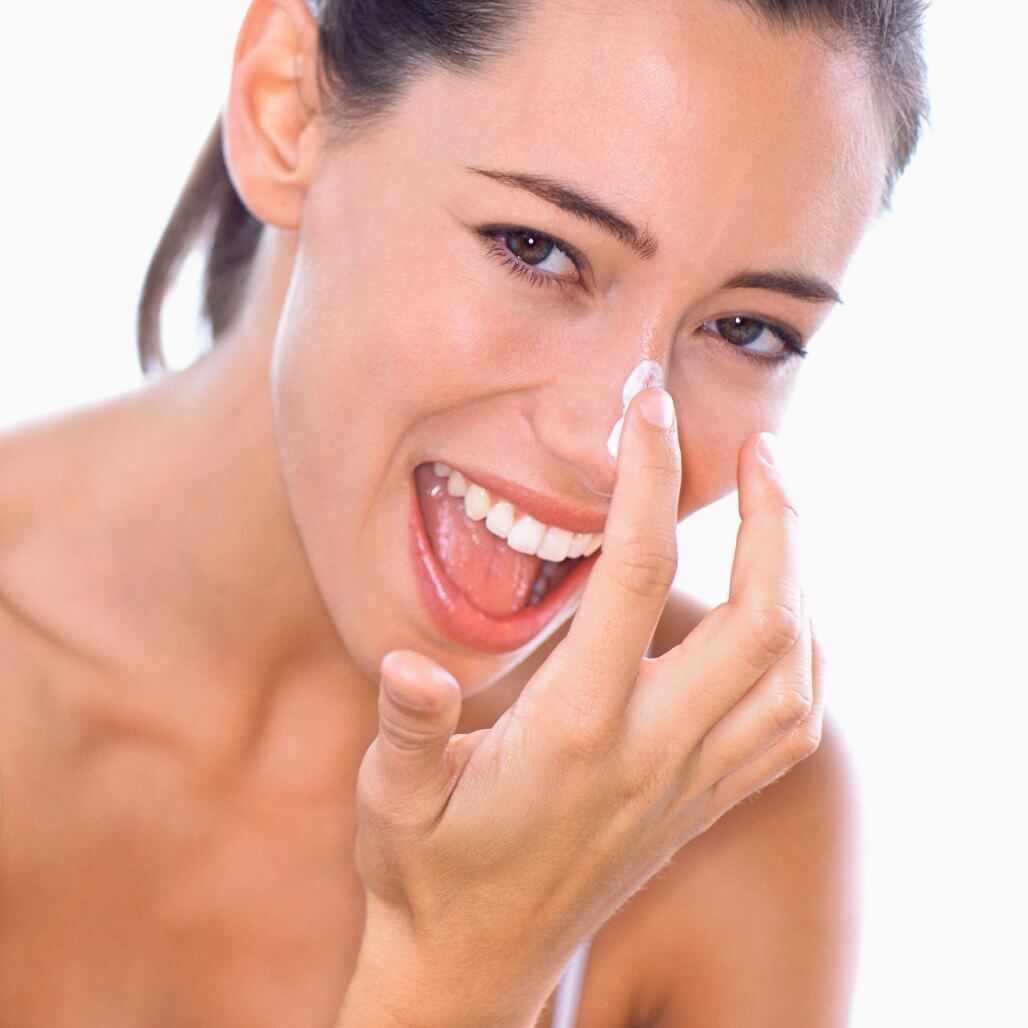Why natural & organic moisturisers are the better choice for your skin
Posted by Naturally Safe Cosmetics on 12th Mar 2021
When someone asks me for my number one anti-ageing tip, I usually give them three, but they’re all the same – moisturise, moisturise, moisturise! (Actually, I often give them a bonus fourth tip – use sunscreen (!) – but that’s a topic for another day.) So, let’s get back to my first (and second and third) anti-ageing tip – moisturising. The act of moisturising nourishes, firms, plumps up and minimises the appearance of fine lines – and it takes on a new importance once the skin's functions are understood.
Many of us are guilty of letting our skin be until dryness, oiliness, a rash or a new wrinkle draws our attention – put your hand up, you know who you are. As our body's largest organ, skin plays an important role in our overall health and is often taken for granted. Our skin regulates temperature by producing sweat to cool us down, while blood vessels also open up to diffuse heat when we are overheated.
Skin is the protective shield between us and the outside world. It serves as a water repellent and protects us from the environment, particularly the sun. The skin has tactile sensations - it is sensitive to touch, pressure, vibration and tickling - and thermal sensation - responding to heat and coolness.
Skin also excretes salt and water, absorbs substances (such as nutrients) and produces Vitamin D from sunlight. The epidermis – the topmost layer of the skin - contains additional layers itself. The surface layer is made up of dead skin cells (keratinocytes - cells that make the protein keratin). Between these cells are lipids that create a water-repellent barrier. These form the protective crust of the skin.
Oil glands are attached to the skin's hair follicles and secrete sebum, which lubricates and waterproofs the skin and hair. A natural moisturiser, sebum also prevents excessive evaporation of water from the skin. If too little sebum is produced, this can lead to excessive dryness and wrinkles, while conversely, over-production of sebum can lead to acne.
Image source: Canva
Some commercial brand moisturisers contain chemicals, synthetic fragrances and other ingredients which are foreign to our skin and can often cause reactions. Compare that with an ingredient like Jojoba Oil, for example, which, out of all compounds found in nature, is structurally and chemically the most similar to human sebum. This means it mimics the structure of the skin and can replicate or dissolve oil, depending on whether your skin either overproduces or underproduces sebum.1 There are many natural and organic skin care ingredients that, like Jojoba Oil, do not interfere with the normal processes of the skin, but rather complement them. This is why moisturisers made with natural ingredients are a better option, as they act in harmony with the dynamic nature of the skin, rather than simply drenching it in chemicals.
1 healthline.com
Note: Naturally Safe Cosmetics are not health professionals. Any information or advice in this article is of a general nature only and not intended to diagnose, treat, cure or prevent any disease. For medical advice regarding your own personal circumstances, we recommend you contact your GP or other healthcare professional.



